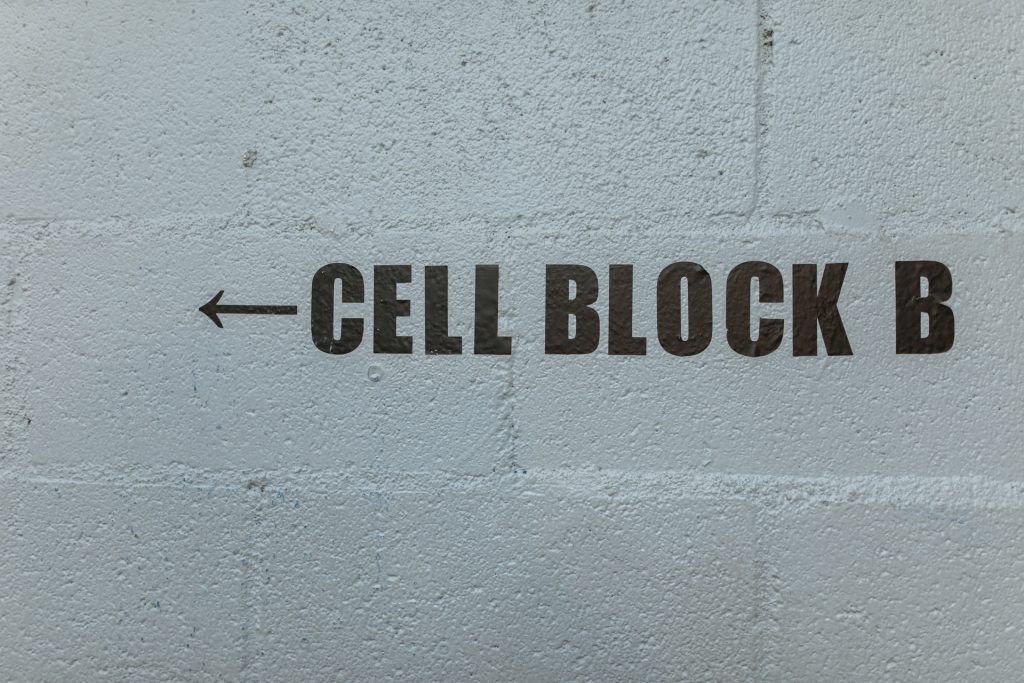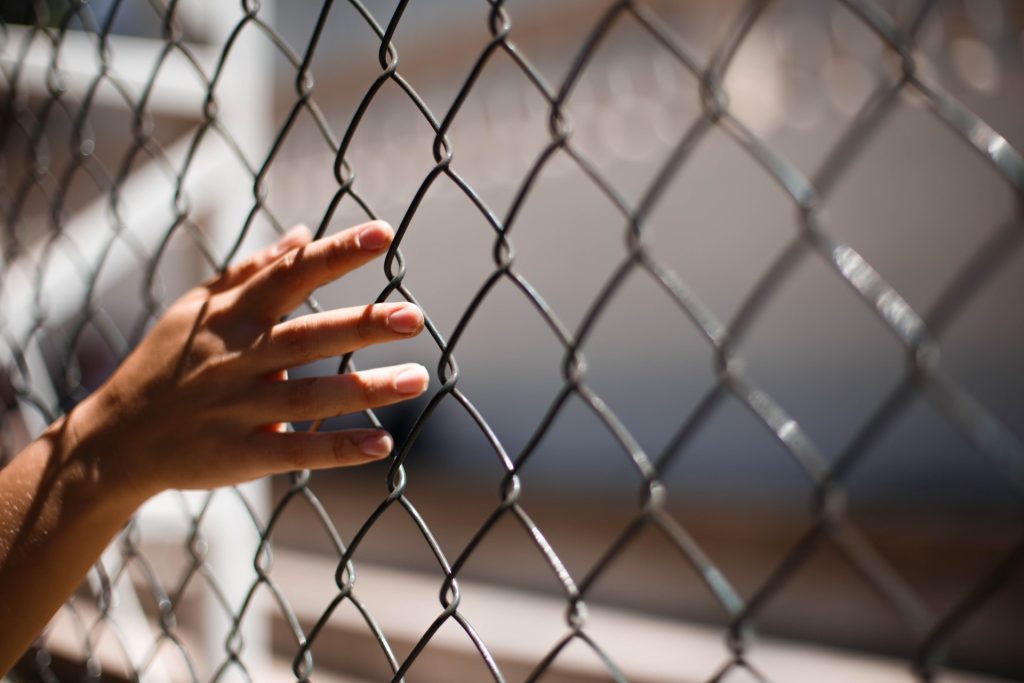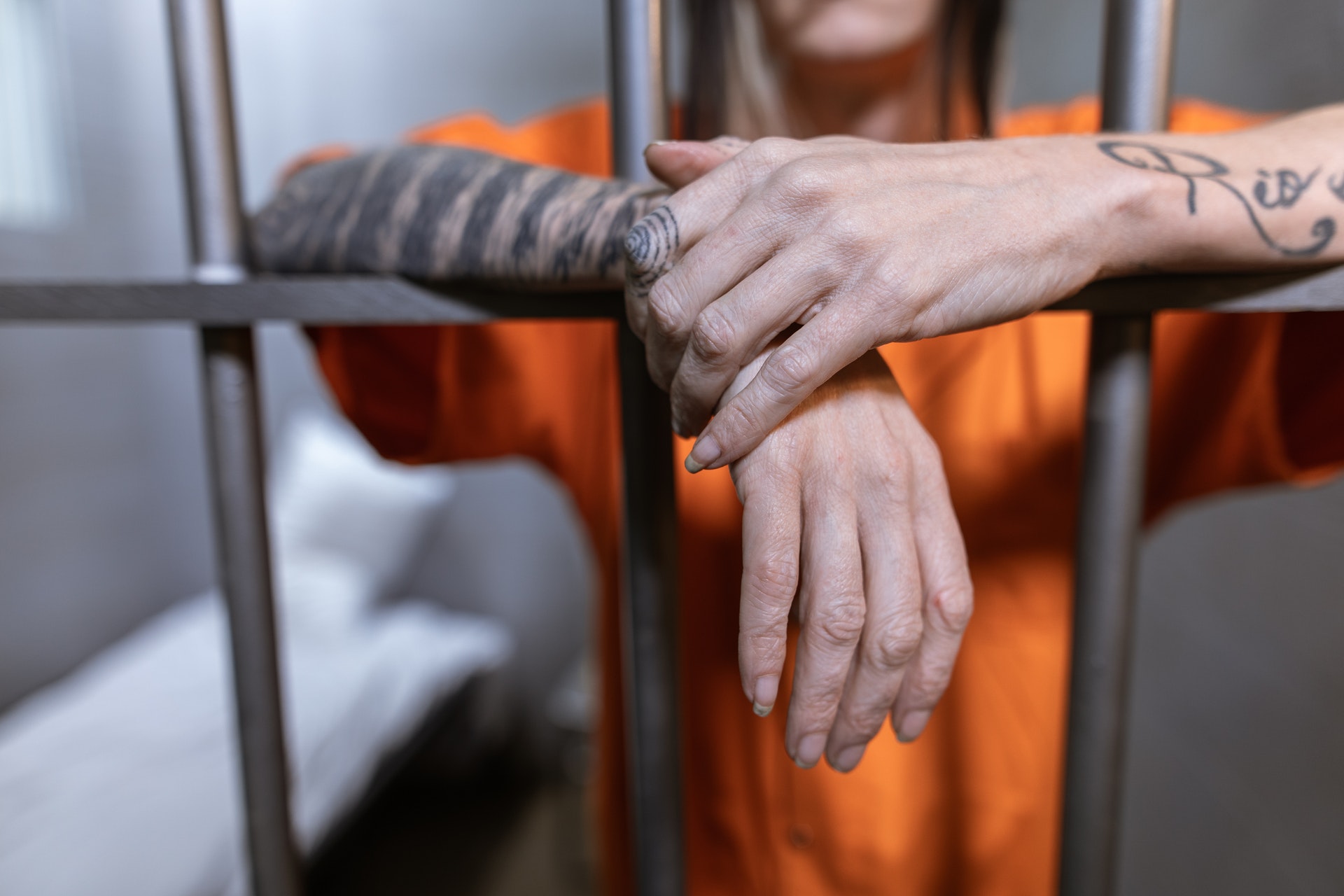Housing transgender prisoners leads to many questions. The prison system has long taken a binary view of gender. The Bureau of Prisons has traditionally housed federal prisoners in either men’s or women’s facilities based on their assigned sex at birth. But times are changing. The BOP now recognizes the identities of transgender and intersex prisoners. But does that mean prisons house transgender prisoners based on their assigned sex at birth? The answer is still complicated.
How does the BOP decide where to house transgender federal prisoners?
The BOP decides where to house trans federal prisoners on a case-by-case basis. In 2018, the BOP rewrote its Transgender Offender Manual. This manual makes policy recommendations to the Transgender Executive Council. These are the criteria they use to make housing decisions:
- your assigned sex at birth,
- your safety,
- the facility’s and other incarcerated people’s safety and
- any other relevant factors such as your in-prison behavior.

Will the BOP house you based on your assigned gender?
It is likely that you will live in housing based on your assigned sex at birth at first. The Transgender Offender Manual says that a warden may consider your gender identity. But it also says that assignments based on gender identity are “rare.” The BOP will only consider housing you based on your gender identity after they examine all those details.
Even then, there are still hurdles for transgender prisoners. You can get housing according to your gender identity. But you must show “significant progress” in your transition. Unfortunately, the manual does not state what this means in specific terms. A lawyer can likely provide some guidance.

Can you request to transfer federal prisons if you are trans?
If you believe you should be in a different facility, you can request to transfer prisons. The warden at your prison can also help you transfer. They can make a transfer recommendation based on your identified gender. The warden should consult with the Designation and Sentence Computation Center first. But they are not required to do that.
The BOP must protect the safety of everyone, including transgender prisoners. If your housing assignment puts you in danger, it could be a violation of your rights. Know that you have the right to request a transfer. And, even if the warden denies your request, you can appeal. If they deny your appeal, you may want to seek legal help.
The American Civil Liberties Union (ACLU) dedicates itself to protecting people’s rights. If you believe your prison treats you unfairly because you are transgender, contact the ACLU. They can help you understand your options and provide legal help if you need it. You can reach them by phone at (212) 549-2500 or by writing them at the following address:
American Civil Liberties Union
125 Broad Street, 18th Floor
New York, NY 10004
The Takeaway:
Federal prisons have long taken a binary view of gender. But, as things change outside of prison, changes happen inside as well. The BOP now recognizes the identities of transgender and intersex prisoners. But it’s still likely that you’ll be housed based on your assigned gender at birth, at least at first. If you believe your prison treats you unfairly based on your gender identity, you have options to defend yourself.






